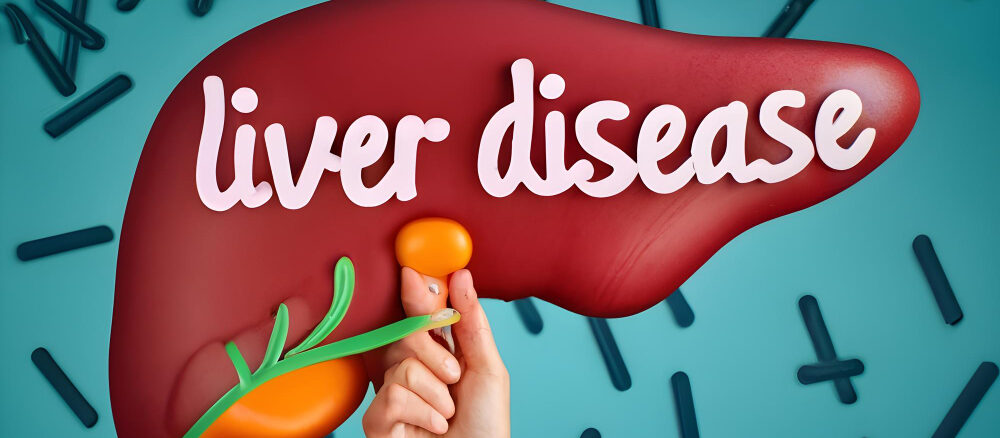Fatty liver disease, a condition characterized by the accumulation of fat in the liver cells, is becoming increasingly prevalent in today’s society. As the incidence of obesity and unhealthy lifestyle habits rises, so does the prevalence of this silent but potentially dangerous condition. Fortunately, with the right approach, fatty liver disease can be managed effectively. In this comprehensive guide, we’ll dive into the treatment options available for this condition, shedding light on how individuals can reclaim their liver health and overall well-being.
Understanding Fatty Liver Disease
Before exploring treatments, it’s crucial to grasp the fundamentals of fatty liver disease. This condition encompasses two main types: non-alcoholic fatty liver disease (NAFLD) and alcoholic fatty liver disease (AFLD). While alcohol consumption primarily triggers AFLD, factors such as obesity, insulin resistance, and metabolic syndrome contribute to the development of NAFLD. Both types can progress to more severe conditions like liver fibrosis, cirrhosis, and even liver cancer if left unmanaged.
Lifestyle Modifications
The primary approach to managing fatty liver disease involves implementing lifestyle changes such as adopting a healthy diet, engaging in regular physical activity, and reducing alcohol consumption. Incorporating a healthier diet, characterized by a high consumption of fruits, vegetables, whole grains, and lean proteins, can significantly decrease the accumulation of fat in the liver. Additionally, regular exercise plays a pivotal role in improving insulin sensitivity and promoting weight loss, thereby mitigating the risk of disease progression.
Medication Options
When lifestyle changes aren’t enough, medications can be prescribed to effectively manage fatty liver disease. Among the most commonly prescribed drugs are pioglitazone and vitamin E, which have shown promise in reducing liver fat accumulation and inflammation. However, it’s essential to consult with a healthcare professional before initiating any medication regimen, as individualized treatment plans are crucial for optimal outcomes.
Weight Loss Strategies
For individuals with fatty liver disease, shedding excess weight is paramount. Even a modest weight loss of 5-10% can lead to significant improvements in liver health and overall well-being. Incorporating a combination of dietary changes, increased physical activity, and behavioral interventions can pave the way for sustainable weight loss and better disease management.
Liver-Friendly Nutrition
Certain dietary components have been shown to promote liver health and aid in the management of fatty liver disease. These include foods rich in antioxidants, such as berries, nuts, and green tea, which help combat oxidative stress and inflammation. Additionally, limiting intake of refined sugars, saturated fats, and processed foods can alleviate strain on the liver and prevent further fat accumulation.
Monitoring and Follow-Up
Regular monitoring is essential for tracking disease progression and evaluating the effectiveness of treatment strategies. Healthcare providers may recommend routine blood tests, imaging studies, and liver biopsies to assess liver function and detect any signs of worsening disease.
Moreover, maintaining open communication with healthcare professionals ensures timely adjustments to treatment plans, optimizing outcomes and minimizing complications.
Conclusion
Fatty liver disease may pose significant challenges, but with the right approach, it is manageable. By embracing lifestyle modifications, exploring medication options when necessary, and prioritizing regular monitoring, individuals can take control of their liver health and pave the way for a brighter, healthier future. Remember, proactive management is key to combating fatty liver disease and safeguarding overall well-being. Take your first step towards a healthier liver now.


